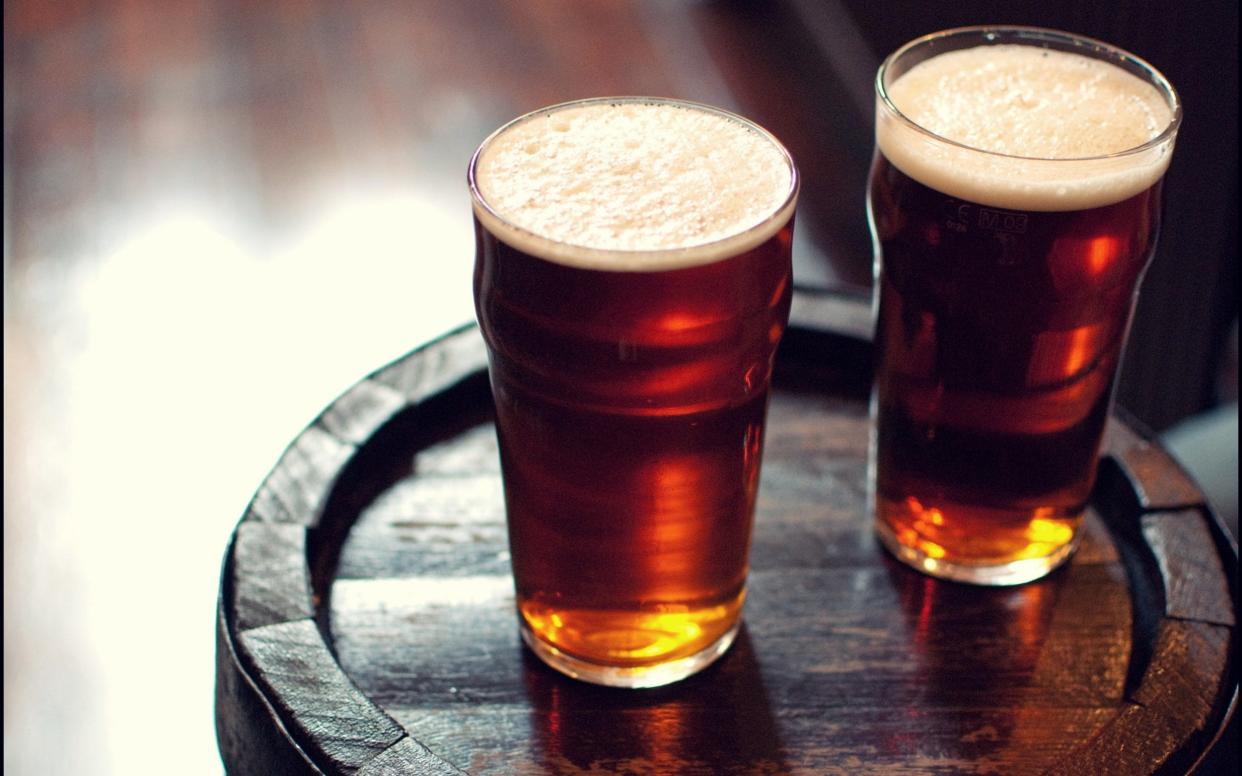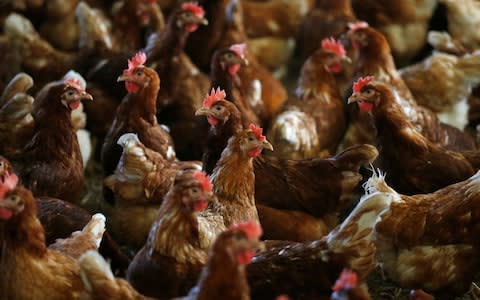What caused the UK's carbon dioxide shortage?

Britain’s carbon dioxide shortage has been caused by an unusually high number of closures of the factories which produce the gas as a by-product of the fertiliser industry.
The process of manufacturing ammonia releases vast amounts of CO2, which is captured and sold commercially and on which the food and drinks industry depends.
But because farmers need little fertiliser over the summer, ammonia plants often close down for essential maintenance, and the current crisis has been caused by too many plants shutting at the same time across Europe.
At least five producers in northern Europe are reportedly in closed due to a combination of technical failures and planned repairs.
The UK is the worst hit country - only one of its plants is currently operational. The gas is difficult and expensive to import, meaning food and drink producers tend to depend on local suppliers.
The high price of natural gas, which is a key raw material in ammonia production, has also had a knock-on effect in limiting production in Europe.
At the same time, a fall in global ammonia prices means the British fertiliser industry has increasingly found it cheaper to source ammonia from abroad than to produce it in the UK.
A spokesman for the British Beer and Pubs Association said the shortage is worse than in previous years because it affects mainland Europe in addition to the UK.
The spokesman said: “Supply issues here in the UK are being further complicated by a combination of planned plant shutdowns and unexpected equipment failure, in particular in connection with one of the two major national producers of bulk CO2.”
At the same time, the demand for soft drinks and alcohol has increased with the hot weather.

As a result, the food and drink industry could see shortages of produce. Carbon dioxide is widely used, including to slaughter farm animals, package food and provide the fizz in carbonated drinks.
The British Poultry Council said the shortage could have a "potentially huge effect" on food production while the British Soft Drinks Association said it was "impacting a wide range of businesses across the food and drink sector".
Heineken, the brewer, has reportedly written to pubs asking them not to place large orders for some of its beers, amid lower supplies.
An industry insider told the Daily Telegraph: “It is out of retailers’ gift to fix the issue”. Some issues with supply are already being reported by retailers in parts of the UK.
Manufacturers had been reportedly relying on emergency reserves of carbon dioxide over the past few days.
A spokesman for the British Retail Consortium said: "We are aware of some issues with the current supply of carbon dioxide across Europe. Carbon dioxide is an important input in food processing and retailers are working hard in conjunction with their suppliers to ensure food availability is maintained.”
It is not clear how long the shortage will go on for, with producers making contingency plans to maintain production while using less carbon dioxide.
It is understood that one of the shut down plants in the UK is expected to be up and running again next week.

 Yahoo News
Yahoo News 
